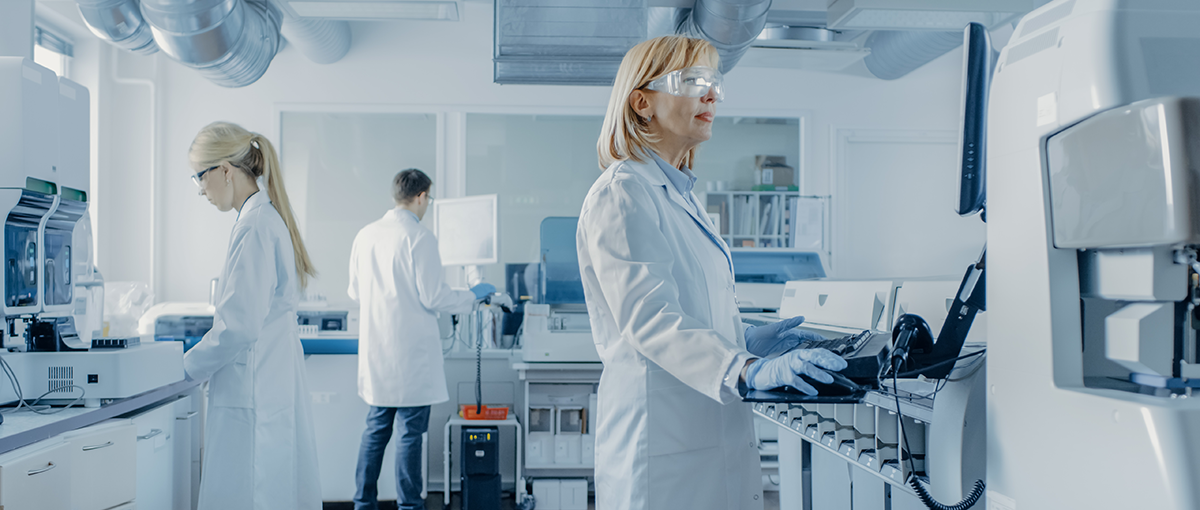

Learning opportunities may include credit or non-credit courses, learning by doing activities such as field study programs, or learning between operational staff and researchers occurring in real world context.

Learning is a social process for issue formation, monitoring assessment, evaluation, negotiation and conflict resolution. Learning unfolds through a wider community of stakeholders (in comparison to individual discoveries). It is interesting to note that in living labs, data may be collected on every aspect of an experiment to identify patterns and to make robust casual inferences.įormal and Informal Learning Opportunities Living Labs have the potential to help reconcile tensions between addressing applied sustainability challenges and the more traditional chard of universities involved with academic research by integrating research, curricula, pedagogical method and community engagement, offering new spaces for experiential learning in diverse communitiesĭata collection can drive interdisciplinary collaboration. Facilitating access and control required for extended experimentation would not otherwise be possible, without the institutional ownership of the buildings and land. Living labs comprise spaces that are owned and managed by key stakeholders. The place attribute is different from one research project to the next, even though all work may technically take place somewhere within the campus boundaries. Living labs are seeking a solution to a specific problem, and enable understanding, and innovation. Ideas for solutions come from anywhere, such as students seeking solutions, staff making observations from their everyday environments, or faculty or researchers who are experts at a given topic. Rigorous campus-based research with operational, academic partners, sustainable data collection/analysis, formal and informal learning activities and measurable outcomes. Living labs are defined as rigorous campus-based research that includes specific characteristics:


 0 kommentar(er)
0 kommentar(er)
